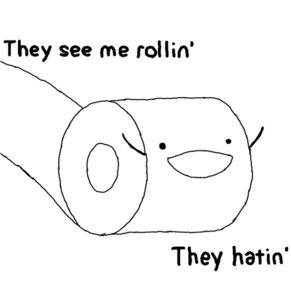12642617
Measuring Enthalpy Changes
Resource summary
| Question | Answer |
| Complete the sentence: To measure the enthalpy change for a reaction, you need to find out the number of _______ of the reactants, and the change in _______________. | To measure the enthalpy change for a reaction, you need to find out the number of MOLES of the reactants, and the change in TEMPERATURE. |
| For reactions (e.g. neutralisation or displacement) that easily take place in solution, how can temperature change be measured? | Simply putting a thermometer into the solution. Use an insulated container (e.g. polystyrene cup) to prevent heat loss or gain through the sides |
| For combustion reactions, how can temperature change be measured? | Use a copper colorimeter containing a known mass of water - you burn a known mass of the reactant and record the temperature change of the water. Ideally, all the heat given out by the fuel as it burns would be absorbed by the water. A 'bomb' colorimeter is a much more accurate piece of equipment, but works on the same principle |
| What is the equation for enthalpy change (given that the pressure remains constant) |
Image:
Image (binary/octet-stream)
|
| Outline the method of calculating the standard enthalpy of COMBUSTION, given the balanced equation and values of any mass or temperature changes that occurred | 1. Calculate the amount of heat lost or gained during the combustion using q=mcΔT 2. Change the units of q from J to kJ 3. Calculate number of moles of fuel that caused this enthalpy change, from the mass that reacted 4. Calculate ΔH (kJmol⁻¹), using the value for q (kJ) and the number of moles of fuel burned (n) by using q/n |
| Outline the method of calculating the standard enthalpy of REACTION, given the balanced equation and values of any mass or temperature changes that occurred | The method is the same as for calculating the standard enthalpy of combustion, EXCEPT! Instead of calculating the enthalpy change per mole of substance reacted, you need to find the enthalpy change for the number of moles shown in the balanced symbol equation ∴ ΔᵣH = (q/n) x number of moles reacting in balanced chemical equation |
Want to create your own Flashcards for free with GoConqr? Learn more.

